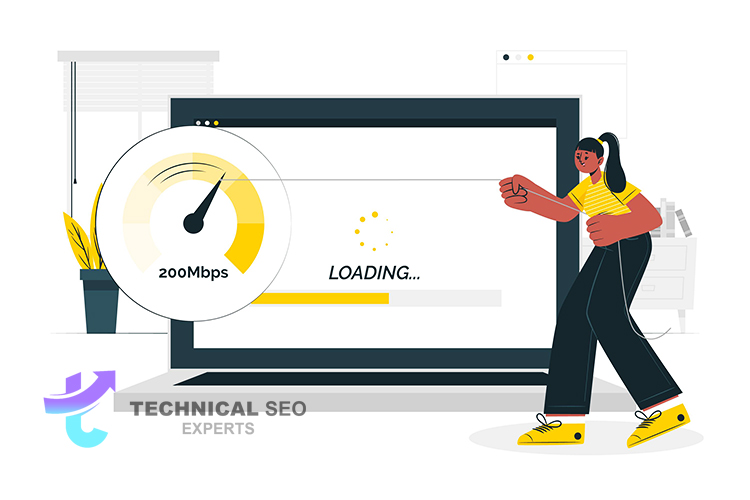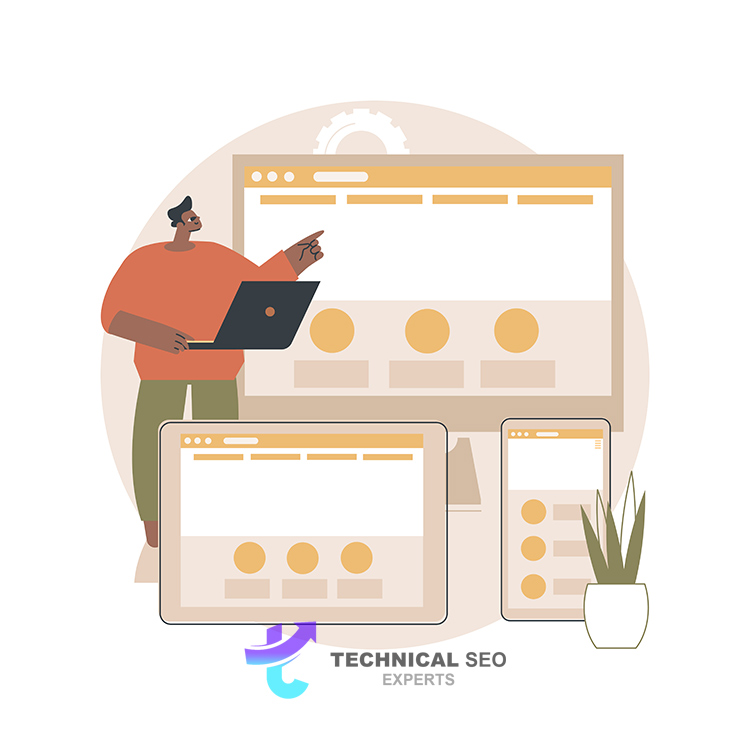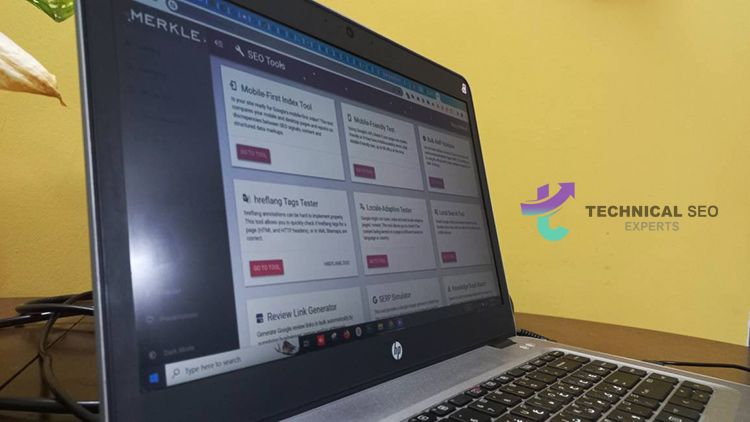In the world of website ranking, the term “backlinks” often takes the spotlight. These links from other websites to yours are considered a vital factor by search engines like Google in determining a website’s authority and relevance. However, a common question is: Can you rank your website without backlinks?
The short answer is yes; it’s possible to rank a website without backlinks. While backlinks can significantly impact rankings, there are alternative strategies and techniques that can help improve your website’s visibility and search engine rankings without focusing on acquiring backlinks.
It’s crucial to understand how search engines evaluate and rank websites. Search engines aim to provide users with the most relevant and valuable information based on their queries. Factors like content quality, relevance, user experience, and website authority play pivotal roles in determining rankings.
Table of Contents
TogglePowerful strategies
One of the most powerful strategies for ranking a website without backlinks is to prioritize high-quality, relevant, and valuable content. Creating content that addresses users’ queries, provides solutions, and offers unique insights can attract organic traffic and improve user engagement. If you want to know why web2 backlinks are important for SEO, click on this post.
Keyword Research
Understanding what your target audience searches for is key. Conduct thorough keyword research to identify relevant terms and phrases your audience uses.

Quality Content Creation
Develop content that’s informative, well-structured, and engaging. Focus on solving problems, answering questions, and providing valuable information to your audience.

Content Variety
Diversify your content types—blogs, videos, infographics, podcasts—to cater to different audience preferences.
On-Page SEO Optimization
Optimizing your website’s on-page elements is crucial for search engines to understand and rank your content accurately.
Title Tags and Meta Descriptions
Craft compelling and relevant title tags and meta descriptions for each webpage to enhance click-through rates.
Header Tags and Structure
Use header tags (H1, H2, etc.) to organize content and make it more readable for both users and search engines.
Optimized URLs
Create SEO-friendly URLs that include relevant keywords and accurately describe the content.
Image Optimization
Optimize images by using descriptive filenames and adding alt text to improve accessibility and SEO.
User Experience Matters
Google values user experience, and a website that provides a seamless and enjoyable experience for visitors can improve its rankings.
Mobile Optimization
Ensure your website is mobile-friendly, as mobile usage continues to rise.

Page Loading Speed
Improve page loading times by optimizing images, using caching, and employing efficient coding practices.

Easy Navigation
Make navigation intuitive and user-friendly to help visitors find what they’re looking for quickly.
 In my latest article about SEO strategies, I discussed the importance of “multiple backlinks from the same help SEO” for improving search engine rankings.
In my latest article about SEO strategies, I discussed the importance of “multiple backlinks from the same help SEO” for improving search engine rankings.
>> For further insights into the impact of multiple backlinks from the same site on SEO, check out this informative article: Do Multiple Backlinks from the Same Site Help SEO?
Technical SEO
Technical SEO focuses on optimizing the technical aspects of a website to enhance its search engine visibility.
Site Structure and Crawling
Create a clear site structure and use a sitemap to help search engines index your content efficiently.
Fixing Technical Issues
Regularly audit your website for technical issues such as broken links, duplicate content, and crawl errors.
Schema Markup
Implement schema markup to provide search engines with additional context about your content, enhancing its visibility in search results.

Local SEO
For businesses targeting local customers, optimizing for local search is crucial.
Google My Business: Claim and optimize your Google My Business profile to improve local visibility.
Local Citations: Ensure your business information (name, address, phone number) is consistent across online directories and listings.
Local Content: Create content tailored to local audiences, such as location-specific blogs or service pages.
Social Media Presence
While not a direct ranking factor, a strong social media presence can indirectly impact your website’s visibility and brand awareness.
Share your content across social media platforms to increase its reach and potential for engagement.
Engage with your audience, respond to comments, and foster a community around your brand.

Building Relationships and Brand Authority
While not traditional backlinks, building relationships with influencers, industry experts, and other website owners can lead to natural mentions and citations, indirectly benefiting your website’s authority.
Guest Posting and Collaborations: Collaborate with others in your industry for guest posting opportunities or collaborations that can bring exposure to your brand.
Providing Value: Offer valuable insights, data, or resources that others might find worthy of mentioning or referencing.
Explore the concept of powerful backlinks and discover their significance in boosting SEO with this insightful article
Patience and Persistence
Ranking a website without solely relying on backlinks requires patience and persistence. SEO is an ongoing process that takes time to yield results. Consistently implementing strategies and monitoring performance is essential for long-term success.
Learn about the most effective type of backlink for improving SEO in this easy-to-understand article: What Is the Most Powerful Backlink?.
In the end
In conclusion, while backlinks can significantly impact a website’s rankings, it’s possible to rank without solely depending on them. By focusing on high-quality content, on-page optimization, user experience, technical SEO, local SEO, social media, relationship building, and patience, websites can improve their visibility and rankings in search engine results.
Remember, every website is unique, and the effectiveness of these strategies may vary. Experiment, analyze, and adapt to find the combination that works best for your website’s growth. By employing a holistic approach to SEO and consistently providing value to your audience, you can enhance your website’s visibility and potentially rank well, even without an extensive backlink portfolio.












